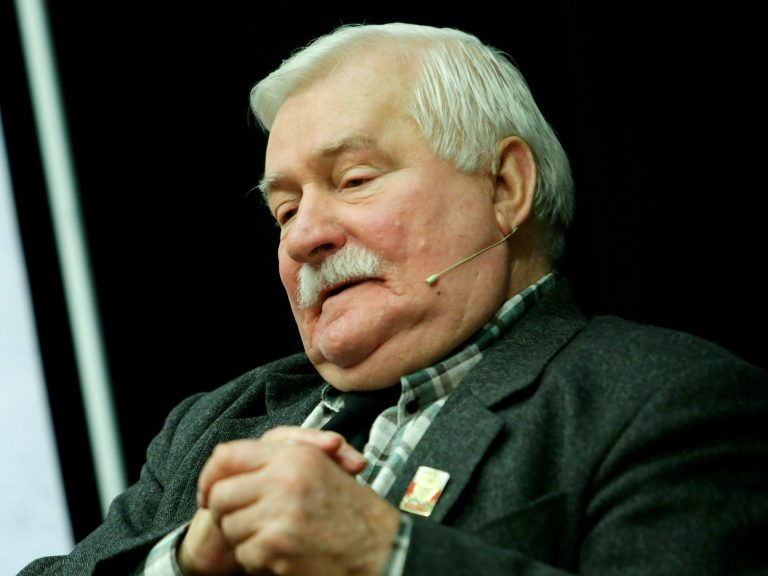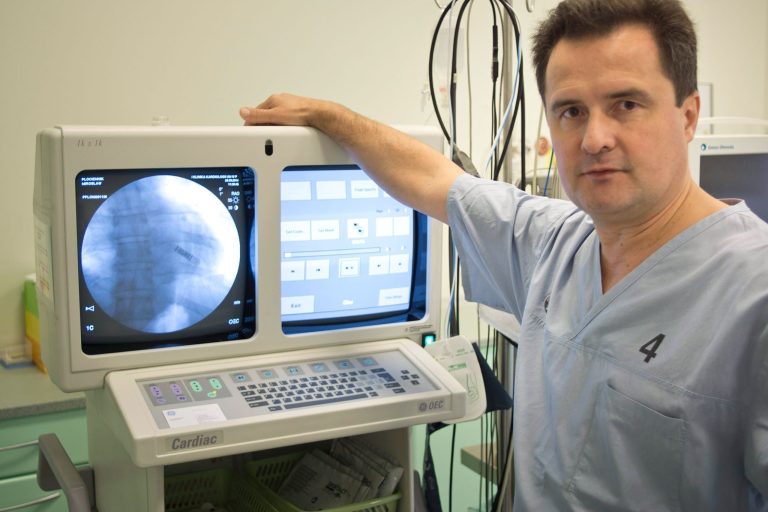Expert advises: Don’t tell a dying person that everything will be fine. Better say you’re scared

Thinking and talking about death can give us more peace and add… energy to life, says Marta Banout, a psychologist and psychotherapist associated with the Good Death Institute.
Aleksandra Zalewska-Stankiewicz, “Directly”: Why do we need to come close to death to start living life to the fullest? It’s a paradox.
Marta Banout*: For some people this is certainly the case. But of course this is not a rule. Crises related to the diagnosis of an illness, a serious accident or being “close” to death can also cause great anxiety or be one of the causes of the development of depression. Much depends not on the stressor itself, but on what a person thinks about his or her experiences, how he or she understands them, and how he or she evaluates the current situation.
The general life situation in which a crisis surprises us is certainly also important, e.g. whether we have safe, supportive relationships, what our economic situation is like, whether we are directly responsible for someone. There is also a group of people for whom the thought of death is a motivator to make radical changes, fulfill their dreams or simply say directly what they want, what they do not agree to and what they expect. Awareness of the proximity of death or its risk gives a certain kind of freedom – people use it in different ways.
Despite the development of medicine, the disease we are mortally afraid of is cancer. As a person working with oncology patients, you have probably often witnessed reflections on life and death. Is there anything specific to this group of patients?






